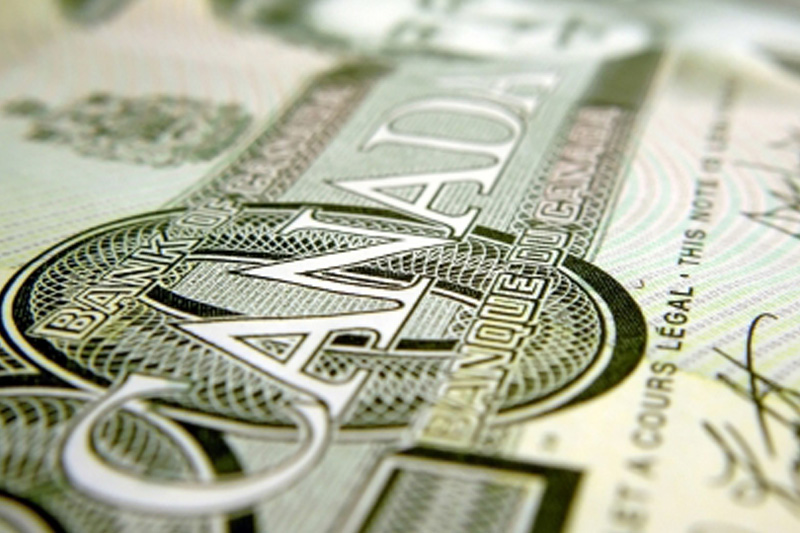Investing.com - The U.S. dollar fell against its Canadian counterpart on Friday, to trade close to one-month lows as upbeat Canadian economic growth data supported demand for the loonie.
USD/CAD hit 1.0831 during European afternoon trade, the pair's lowest since Wednesday; the pair subsequently consolidated at 1.0844, edging down 0.16%.
The pair was likely to find support at 1.0797, the low of July 29 and resistance at 1.0895, the high of August 17.
Statistics Canada said in a report that the country's gross domestic product expanded by 0.3% in June, in line with expectations. May's figure was revised to a 0.5% growth rate from a previously estimated expansion of 0.4%.
Year-on-year, Canada's economy grew by 3.1% in June, beating expectations for a 2.7% expansion. For May, Canada's GDP was revised to an annualized 0.9% expansion, from a previously estimated growth rate of 1.2%.
In the U.S., the Bureau of Economic Analysis reported that U.S. personal spending fell 0.1% last month, confounding expectations for a 0.2% rise, after an increase of 0.4% in June.
The report also showed that U.S. personal income rose 0.2% in July, less than the expected 0.3% gain. The change in personal income for June was revised to a 0.5% increase from a previously estimated 0.4% rise.
Investors were still eyeing additional U.S. data to be released later in the day, after upbeat reports on Thursday confirmed the view that the U.S. economic recovery is on track.
The loonie was higher against the euro, with EUR/CAD slipping 0.16% to 1.4295.
In the euro zone, preliminary data earlier showed that consumer price inflation ticked down to an annualized rate of 0.3% this month from 0.4% in July , in line with expectations.
Core CPI, which excludes food, energy, alcohol, and tobacco, rose to 0.9% in August compared to a year ealier, from 0.8% in July. Analysts had expected core CPI to remain unchanged this month.
A separate report showed that the euro zone's unemployment rate remained unchanged at 11.5% last month, in line with expectations.
In addition, official data showed that German retail sales declined 1.4% in July, disappointing expectations for a 0.1% rise, after a 1.0% gain in June, whose figure was revised from a previously estimated 1.3% advance.
